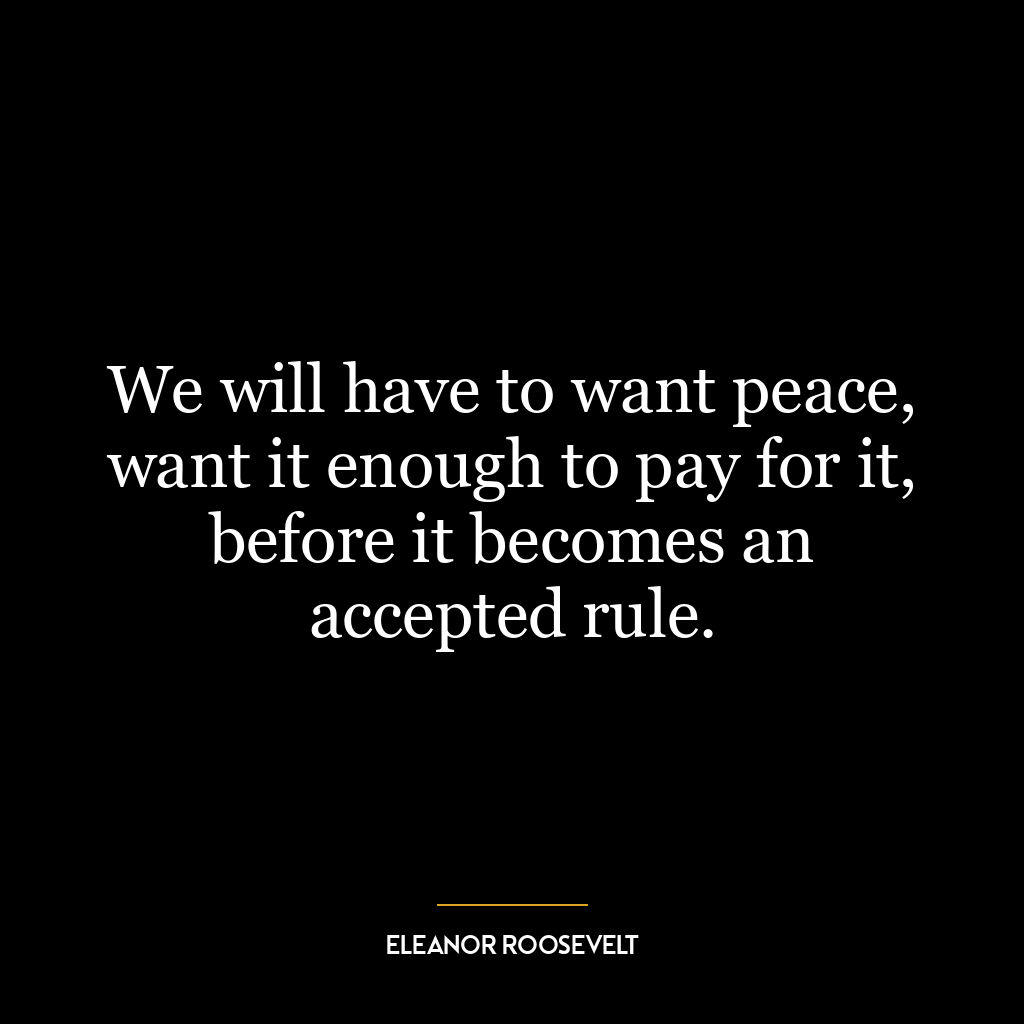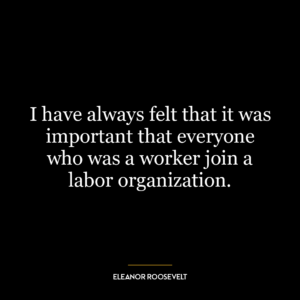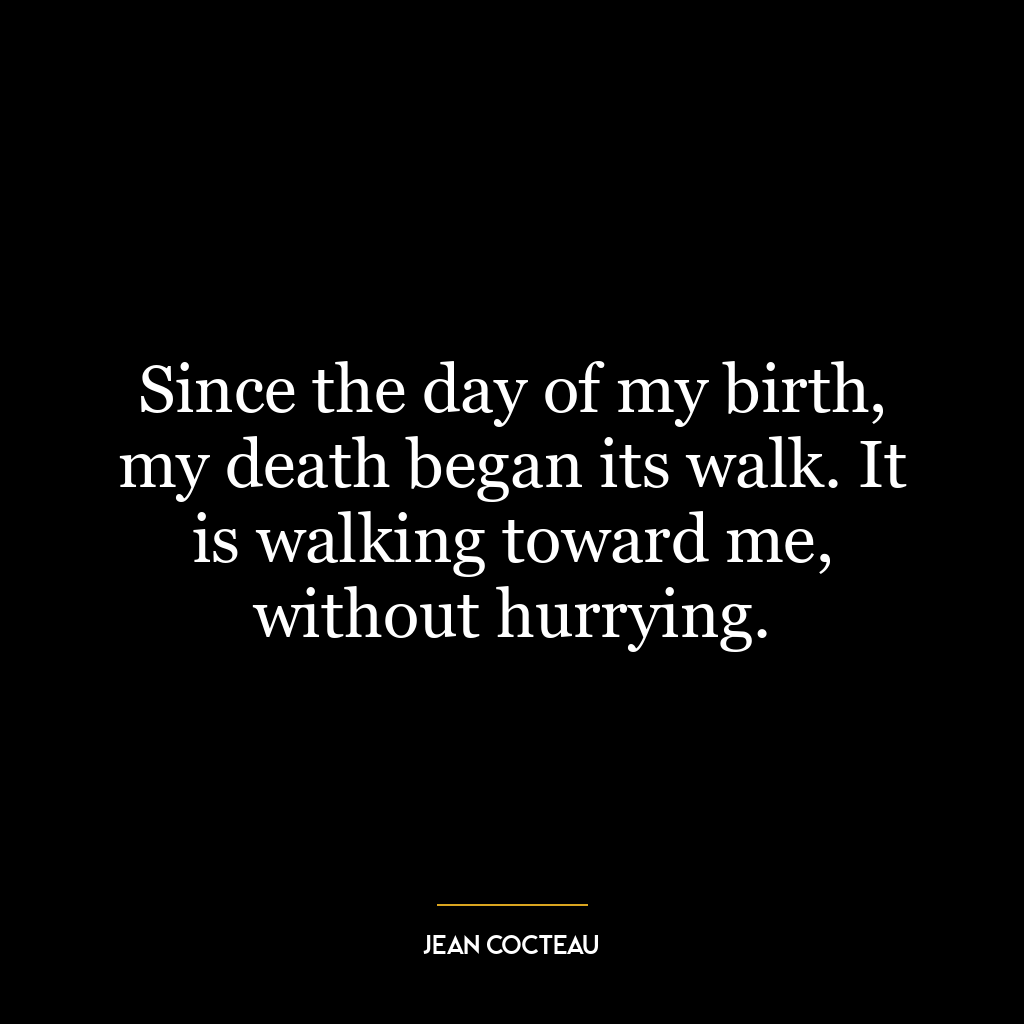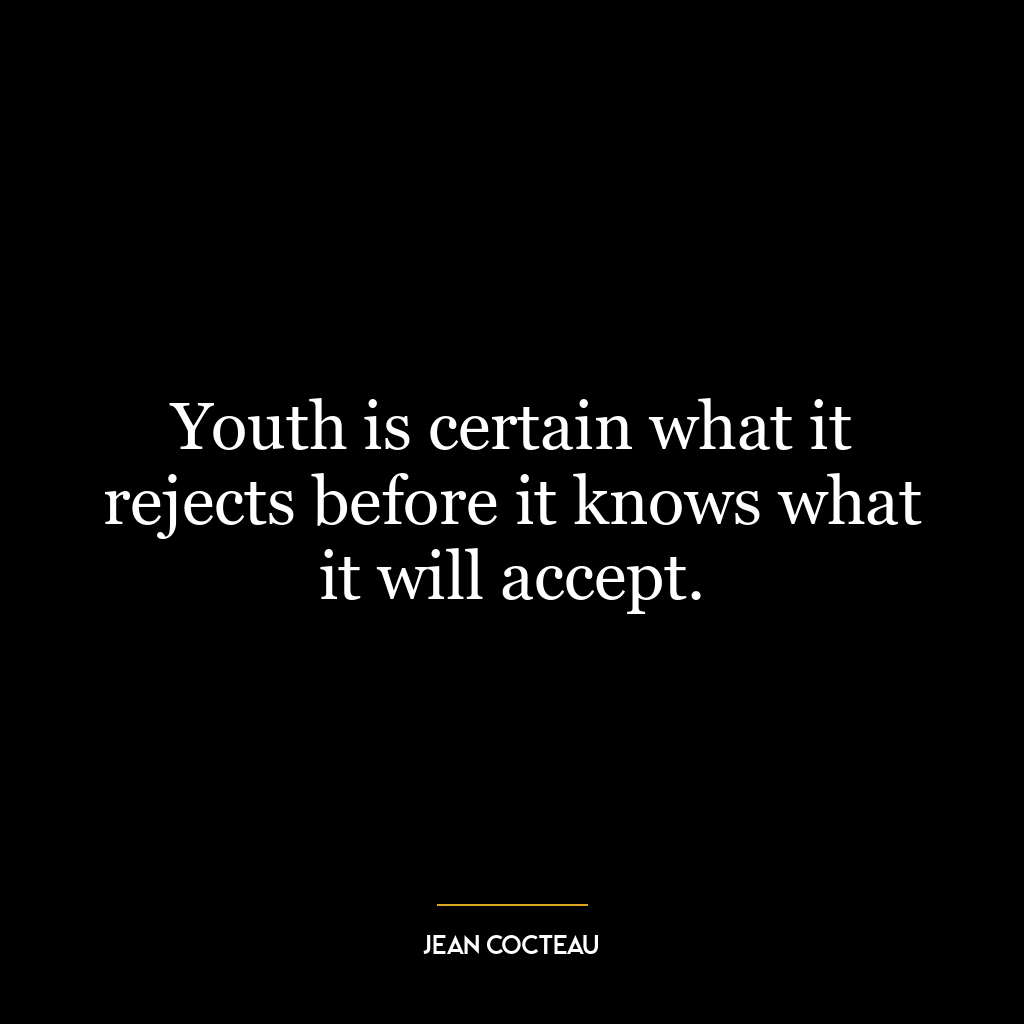We will have to want peace, want it enough to pay for it, before it becomes an accepted rule.
This quote emphasizes the value of peace and the necessity of earnest desire and effort to achieve it. It suggests that peace isn’t something that just happens; it’s a result of conscious and collective decision-making, effort, and perhaps even sacrifice. It underlines the idea that peace comes with a price, not necessarily monetary, but in terms of compromises, understanding, and the willingness to resolve differences. The “accepted rule” part implies that peace should be a norm, a fundamental principle that governs our actions, not an exception.
In today’s world, this quote is especially relevant. With ongoing conflicts, political unrest, and social divisions, the need for peace is evident. Yet, it’s not enough to merely wish for peace; we must actively strive for it. This could mean promoting dialogue over violence, understanding over prejudice, or cooperation over conflict. It could also mean investing in peace-building activities, like education, social justice, and diplomacy.
On a personal level, this quote could be interpreted as a call for inner peace. This might involve personal sacrifices, such as letting go of grudges, fostering forgiveness, or investing time in self-reflection and mindfulness. It suggests that peace is not just a state of being but a state of doing – it requires active participation and continuous effort. It’s about making peace an integral part of our lives, something that guides our actions and decisions.
In conclusion, this quote is a powerful reminder that peace is not a passive state but an active choice. It’s something we must consciously pursue and invest in, both as individuals and as a society. It’s a call to action – to want peace enough to work for it, to pay its price, and to make it an “accepted rule.”















